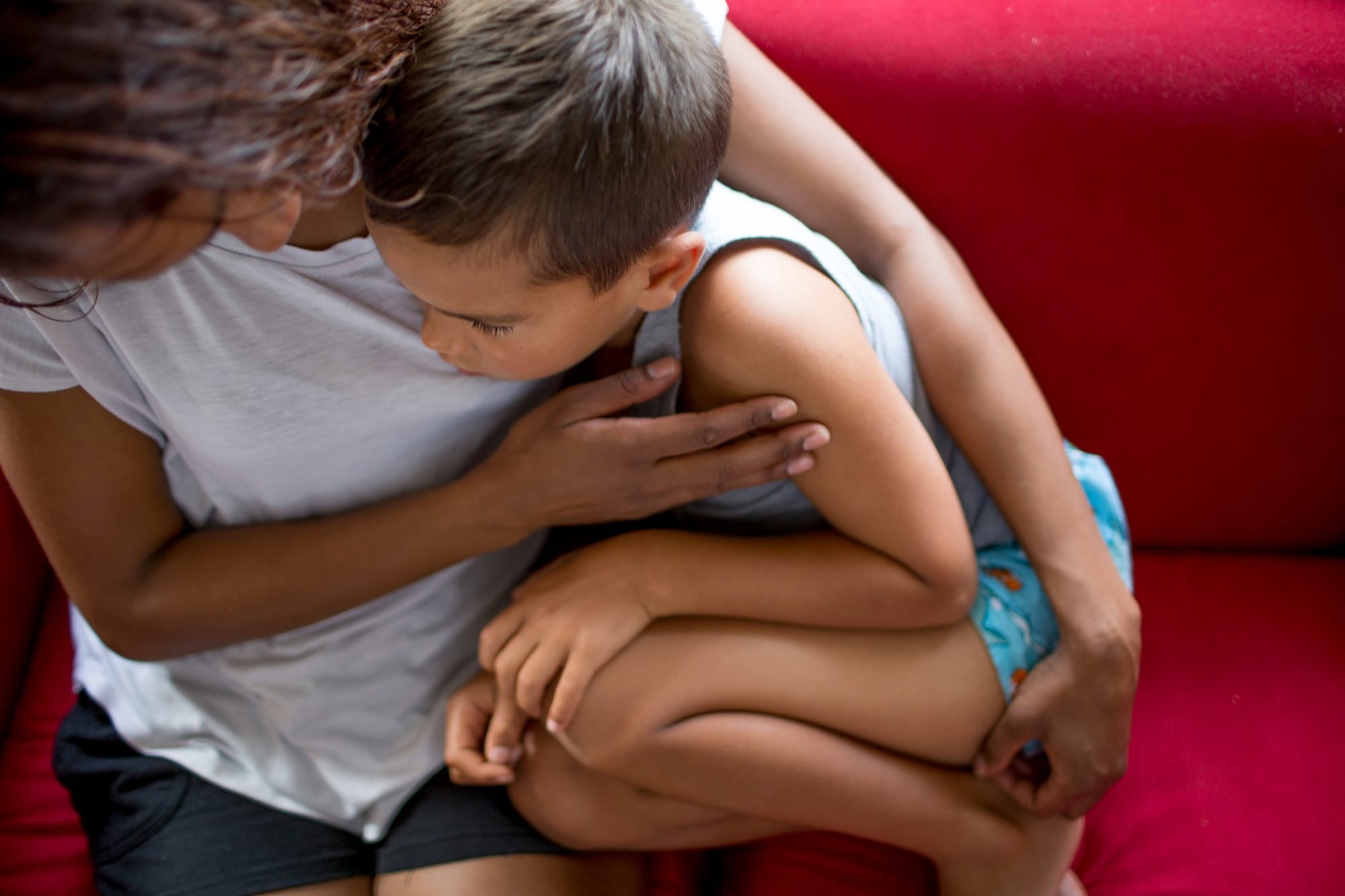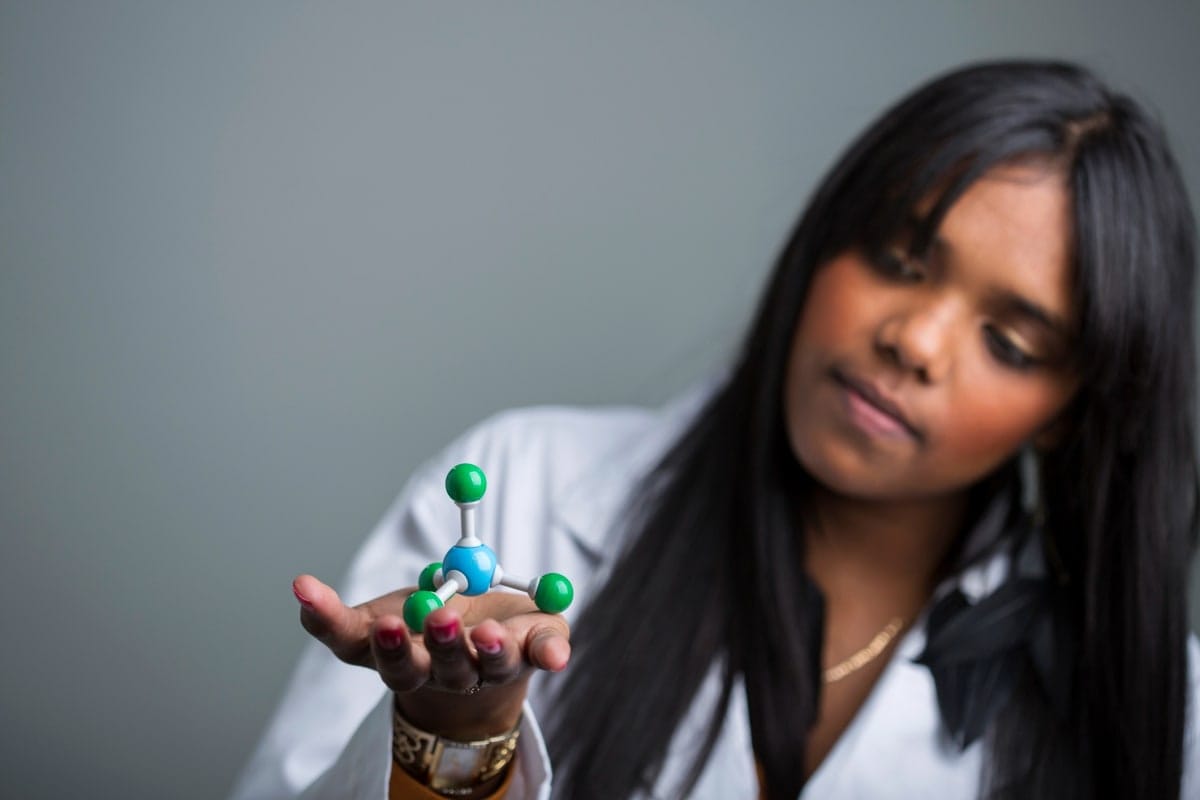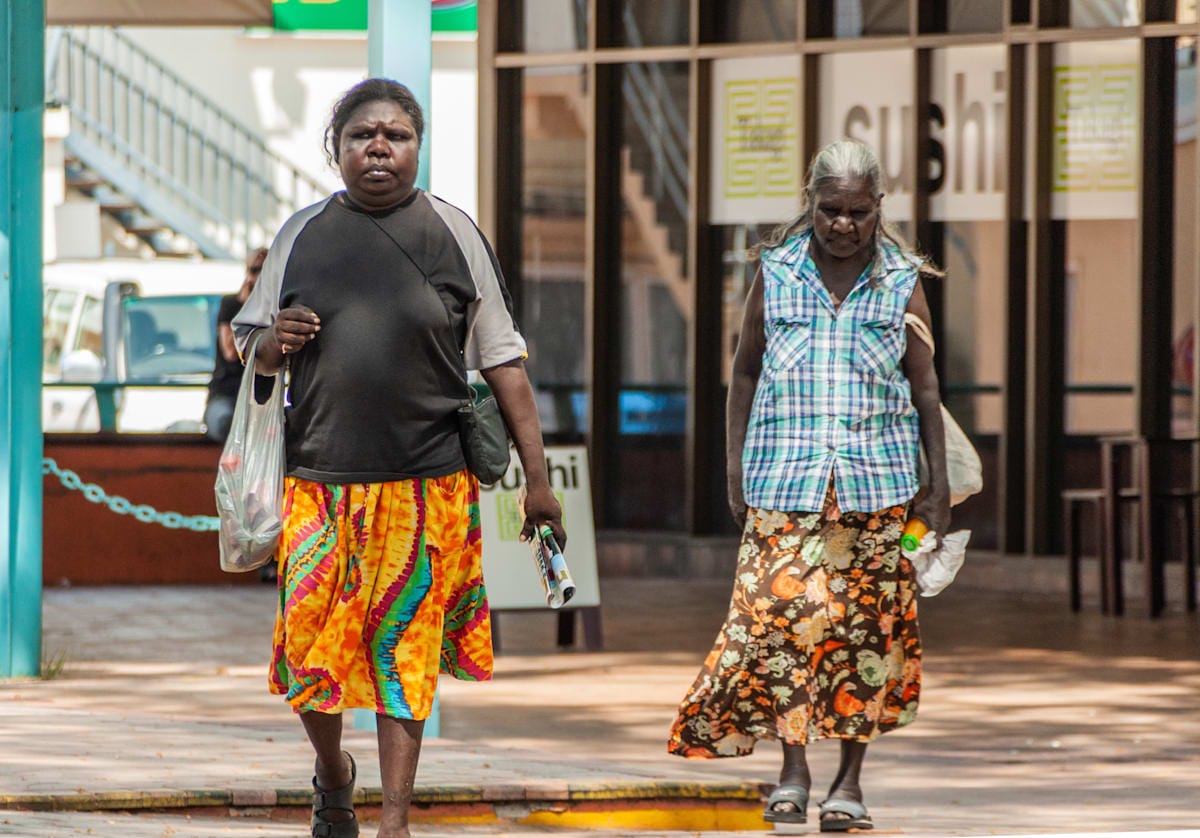
This week, The Lancet Global Health published a commentary by Australian Indigenous and non-Indigenous public health experts supporting the Voice to Parliament referendum vote.
It follows a series of directives from some of the world’s most prestigious journals, including The Lancet Global Health, BMJ Global Health and Nature, that they were clamping down on “helicopter research”, which occurs when researchers from high-income countries conduct studies in lower-income settings, or with groups who are historically marginalised.
There’s a global movement towards the cessation of wealthy, largely non-Indigenous, agencies, governments and groups telling Indigenous groups how to run their own health programs.

In six months, Melbourne will host the World Health Summit Regional Meeting, only the second time it’s been held in the southern hemisphere. Key themes will be Indigenous health and the decolonisation of global public health, including the rejection of “helicopter research”.
What will it say, when literally the world’s global health experts will have their eyes on us, if we’ve failed to ensure the passage of that Voice?
Helicopter research occurs with little or no involvement from either those communities or local researchers in the conceptualisation, design, conduct or publication of the research.
Rather than asking local communities what health concerns need addressing, aid agencies, research funding bodies and governments in the global north (those countries with high incomes) determine what areas receive funding.
It may be malaria, in a community perhaps where malnutrition is a greater threat. Not only does the money not go where the need lies, but it skews the research on the ground, because of course scientists will follow the money, out of necessity not greed.
As Palawa man and University of Tasmania Deputy Vice-Chancellor (Academic) Professor Ian Anderson said this week in a pro-Voice commentary:
“… a constitutionally enshrined Voice is the greatest opportunity right now to contribute to meaningful progress on closing the gap on Indigenous health, wellbeing and life expectancy. The Voice will create the conditions needed to boost housing, education and health outcomes for Indigenous Australians and, in turn, help advance global health equity."
More than 125 health organisations recently signed an open letter supporting a “Yes” vote for the Voice referendum, recognising that Indigenous Australians will have a greater say in their own wellbeing and health, which to date remains far behind that of non-Indigenous Australians.
If there’s proof needed that something needs changing, it’s surely the furtive cry we hear to “close the gap”.
Nothing we have in place so far has come close to closing that gap. Surely, when global health experts and health organisations argue that a Voice to Parliament might make this transformative difference, then it’s worth trying?
As we’ve written in The Lancet Global Health, the Lowitja Institute is Australia’s national institute for Aboriginal and Torres Strait Islander health research. Established in 1997, the institute launched a journal this year, the First Nations Health and Wellbeing – The Lowitja Journal with a global remit. .
If you go back to the 1970s, when the Aboriginal Community Controlled Health Organisation started – these organisations came into being because of the inability of mainstream health services to engage effectively with Aboriginal communities.
They pioneered a model of primary healthcare based on the principles of the social determinants of health, emphasising that these needed to be understood and addressed for health to be improved.

There ’s a growing global movement not only to acknowledge the expertise of Indigenous peoples and communities, but to actually ask them what they need.
If that’s not the definition of a Voice to Parliament, I don’t know what is.
If the world’s global health movement recognises the importance of asking, not telling, Indigenous people what prevention, promotion and treatment services they want and need, how will we reconcile that, as a nation, we chose not to do the same?
Australians should be proud to vote “Yes” to achieve health equity.





